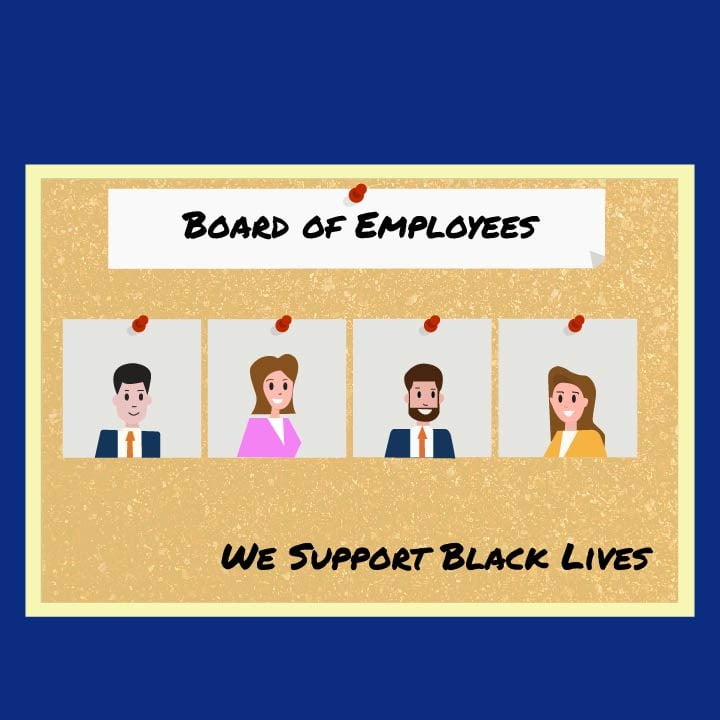By Eamonn Burke
As the nation grapples with the murders of George Floyd, Ahmaud Arbery, and Breonna Taylor, among many others over many years, protests have called for massive police and corporate reform. Changes have already been made, as major companies and institutions have begun to exclude forms of racism and include new reforms and statements. However, as with many corporate sentiments, the genuine nature of these statements is being called into question and exposed as hollow.
It has become a trend for major companies to undertake policies and claim responsibility for social issues, in what is known as “Political Corporate Social Responsibility.” Media is flooded with brands preaching change and pledging to be a part of it. In today’s instant society, however, it is difficult to discern the true motives of these businesses in their support of the BLM movement.
Major companies like Microsoft and Amazon have been actively projecting support for the BLM movement, yet both corporations have shockingly low involvement of black people within their company structure. Intel joined in the trend with a cringey tweet as well.
Fast food companies like Wendy’s and Burger King, and Popeyes have also seemingly been using the movement to boost their reputation using tweets and ads, despite the fact that they thrive on minimum wage workers who are often people of color. The stark insensitivity is reminiscent of Pepsi’s distasteful ad that was pulled amidst the movement in 2017. Some companies, however, didn’t even try to voice support. One such company was Starbucks, who announced that employees were forbidden from wearing BLM merchandise, a policy that has since been reversed. Other food brands such as Quaker Oats are making real changes – the Aunt Jemima brand will be dropped because of it’s racial stereotyping, as well as Uncle Ben’s.
Following a petition signed by more than 5,000 people, Trader Joe’s announced in July that they would be changing the names of their “racist packaging” such as “Trader Ming’s” and “Trader José.” San Francisco High School student Briones Bedell, who started the petition, claimed that “The Trader Joe’s branding is racist because it exoticizes other cultures — it presents ‘Joe’ as the default ‘normal’ and the other characters falling outside of it.”
The company is now going back on that promise, and have says in a new statement that “We disagree that any of these labels are racist,” arguing that they are meant to show appreciation for these cultures. Company spokeswoman Kenya Friend-Daniel originally had accepted the petition, acknowledging that it may have the opposite effect of its intended inclusiveness. Now, however, she says that they will only look into these types of changes from employees, not from petitions online.
The racial revolution in the wake of George Floyd’s death has seen the downfall of other brands and images such as Aunt Jemima and the Washington Redskins, but Trader Joe’s is the first prominent one to resist the “cancel culture.”
What consumers really want, however, is not posts on social media. They want real action and real change. This means companies should “Open Their Purse” and donate to anti-racism organizations. Many companies have, but many have also donated to campaigns for Congress people that are rejected by the NAACP.
The public is skeptical of these statements and promises, and not without reason. The history of major businesses like Bank of America and Goldman Sachs have in the past had to cover up allegations of discrimation, and others fail to include minority members in their top ranks. Other major institutions like the NFL condemned the kneeling for the National Anthem just a few years ago, but is now apologizing and admitting the players were right. The question remains: have sentiments truly changed?
Brands and institutions are recognizing that being anti-racist and pro-BLM is selling more than ever. “Costs Signals,” which are the cost that companies pay to undertake these policy changes, are what should be used for judgement, says UPenn Marketing Professor Cait Lamberton to ABC News. Andre Perry, another ABC correspondent from Brookings Institution, warns that “These statements are a sign of defensiveness more so than an indication that they are proactively working to deconstruct racism in this country.”
For a list of donations made by major companies click here.






